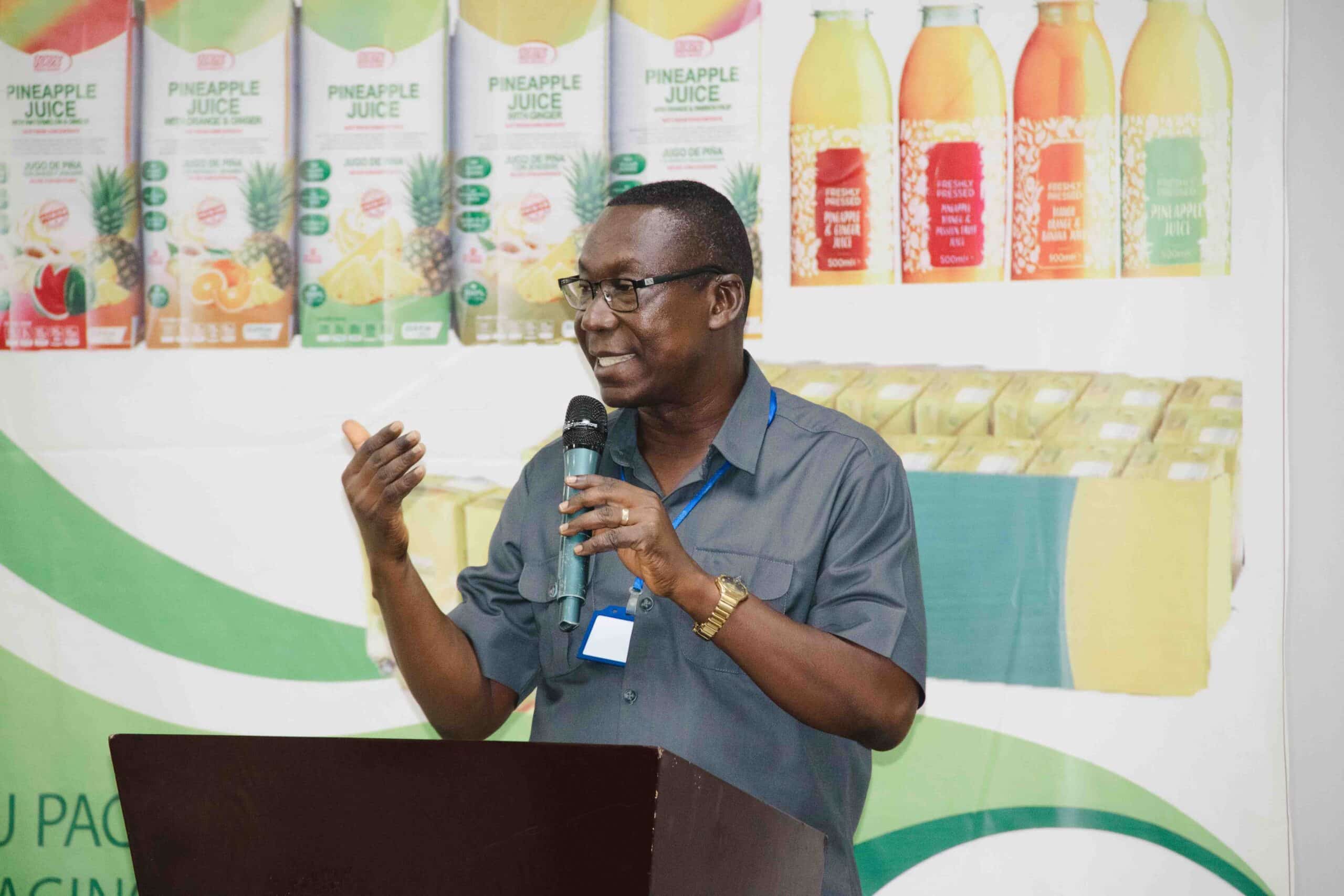Environmental Social Governance also known as ESG has experienced a meteoric rise in investment. Global sustainable investment now tops $30 trillion and it is becoming increasingly important in terms of agricultural investments. Of the $17 trillion invested in ESG issues in 2021, money managers said they devoted $2.38 trillion to sustainable agriculture.
ESG investment provides two opportunities for agribusiness which are improving the relationship with the consumer market and increasing synergy with the financial market. The combination of these opportunities can generate a highly positive externality, increasing visibility in the sector’s environmental, social, and governance commitments, and improving its image with the urban public and final markets.
For the agribusiness sector, the main ESG investment risk lies in reputational risk amongst consumers. According to Gaia Arnaboldi, Co-Head Real Assets, Adveq Management AG.
“Active ESG monitoring is an integral part of the risk management framework and drives long-term returns”
ESG and the issue of greenwashing
Scepticism of ESG initiatives is growing. According to Triodos Bank, a leading expert in sustainable banking, 26% of consumers that don’t invest in an ethical fund question whether many investments claiming to consider environmental and social impact are truly ethical – a figure that has risen from 17% in 2020.
In a survey conducted by Harris Poll of 1,491 executives employing over 500 people across different industries CEOs and other C-suite leaders said that sustainability was a priority.
However, 58% also admitted that their companies were guilty of greenwashing for the U.S that figure rose to 68%. Two-thirds of executives globally questioned whether their company’s sustainability efforts were genuine.
One view of the ESG movement is that it is a chance for CEOs to avoid accountability because if profits are poor, they can simply point to their investments in sustainability as an explanation. However, there are more serious issues as ESG investing is plagued by accusations of greenwashing, and agriculture is not exempt.
The UN is concerned and is setting up an expert panel to sift through corporate pledges and hold companies accountable. The UK is also mulling regulatory requirements for ESG rating systems to help prevent greenwashing.
One of the major obstacles to ESG reporting is the lack of industry standards. Recently additional reporting standards and guidance for the agriculture sector have been produced. These include specific agriculture guidance under the Science-Based Targets Initiative (SBTi) and a new sector-specific agriculture standard from the Global Reporting Initiative.
What is considered good practice when it comes to ESG investment?
Aside from improved regulations and standards, what can companies themselves do to avoid greenwashing and help to deliver ESG improvements and become more than a tick box exercise?
There are real incentives for companies to go beyond a simple tick box exercise and real benefits from improving their ESG scores. ESG can drive financial results by raising employee skills and productivity.
A strong ESG strategy can help attract and retain motivated employees, boosting productivity. ESG can also lead to positive financial outcomes by reducing operational costs, resource use and waste, and thus can significantly improve profitability.
Environmental social governance in agriculture
When we look at making food production more sustainable it is necessary first to measure and collect data on the actual situation on the ground and at the farm level.
Businesses then need to set ambitious yet reasonable ESG goals and monitor progress towards these goals. For example, the SBTi FLAG guidance provides targets on how much and how quickly
a company needs to cut its land-related emissions in line with the Paris Agreement’s goal to limit global warming to 1.5°C. Monitoring and reporting on ESG issues should also be an integral part of a risk management process. This will enable the identification of potential ESG investment issues in a way that triggers action when necessary.
This is where data-driven technology can play a new and vital role. Precision farming, indoor growing, and regenerative agriculture allow farmers to increase yields with less water, fertilizer, and pesticides. These efficiency gains can lead to enormous environmental improvements. However, to achieve these gains farmers need actionable insight and data. Sensors and record-keeping platforms can capture detailed, granular information on everything from water consumption to pesticide use. This allows farmers to quantify their ESG impact as technology helps them achieve greater efficiencies by providing them with actionable data.
This logic applies to farmers of all sizes. Some of the most significant ESG-related gains come from integrating technology and data into large-scale commercial farming. Blockchain can be used to store any kind of farm data and ensure its integrity.
Blockchain can enhance ESG risk management in three key areas: supply chain transparency, data protection and efficiency. Blockchain can track the provenance of food products to provide assurance within supply chains and to build trust between producers and consumers.
The application of blockchain technology in e-commerce and the trade of agricultural products is still developing. For example, there is a need to ensure the authenticity of the data uploaded into the blockchain.
ESG investment future considerations
ESG investment is gaining ground, but for agribusiness to make the most out of it and to achieve both climate and economic goals, ESG investment must be treated as more than just a tick-box exercise. Agtech and digitalisation tools can help, but it also means setting realistic targets and goals as well as regular monitoring of the progress towards sustainability.
Our expert consultants deliver impact for our clients in sustainability across the world. Benefit from their experience across sustainability, ESG auditing and agribusiness due diligence. We can perform a deep dive into the environmental sustainability and social governance practices of your organisation.














